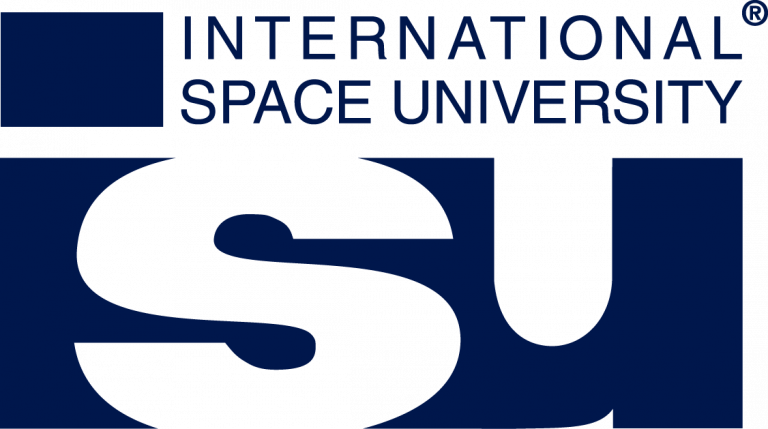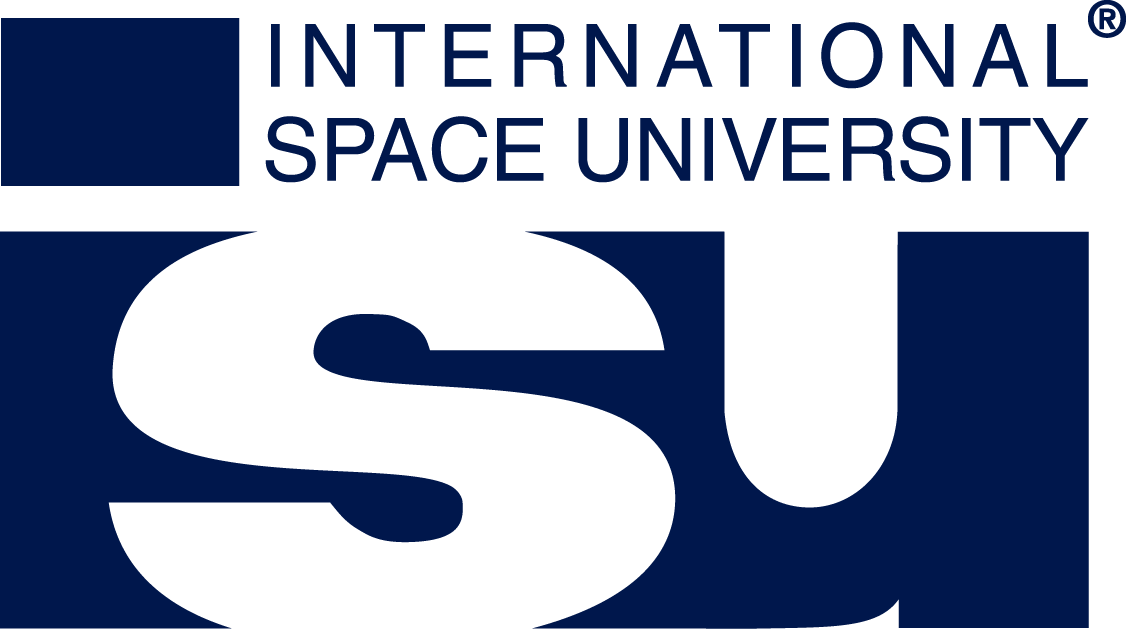Just two days after the world Mother Ocean Day, a team of International Space University students present their findings and recommendations to the world community on how space technologies can help tackle the challenge of plastic pollution in the oceans, with a case study on the Arctic Ocean.
What makes our planet incredibly unique is the abundance of water in liquid form on its surface. The oceans are the cradle of life as we know it and that is why we should safeguard their health at all costs. This year, 15 Master of Space Studies students contributed to the cause by focusing on the role of space technologies in monitoring plastic pollution in the oceans.
As many as 5 “islands” of plastic, known scientifically as gyres, have accumulated over the years in different oceans, and a sixth is forming in the Arctic one. The pollution has a strong impact on human life, posing health and economic risks that can no longer be neglected. After an interdisciplinary research work, the students developed an integrated strategy to respond to the challenges posed by plastic pollution, using some cutting-edge space technologies. The result of their project is presented this Wednesday 12th May viand can be watched live or afterwards through ISU’s video channel.
This work is a formal part of the Master of Space Studies 2021 curriculum that started last November. The full report and an executive summary will soon be freely available on ISU’s Library website.
The students will also present their project during the next International Astronautical Congress, in Dubai, to share their ideas and contribute to the oceans safeguard.
Another Team Project, on a Space Medical Centre, was conducted by a team from the same class of MSS21, and is covered in an upcoming story – stay tuned!
Photo by Naja Bertolt Jensen on Unsplash

